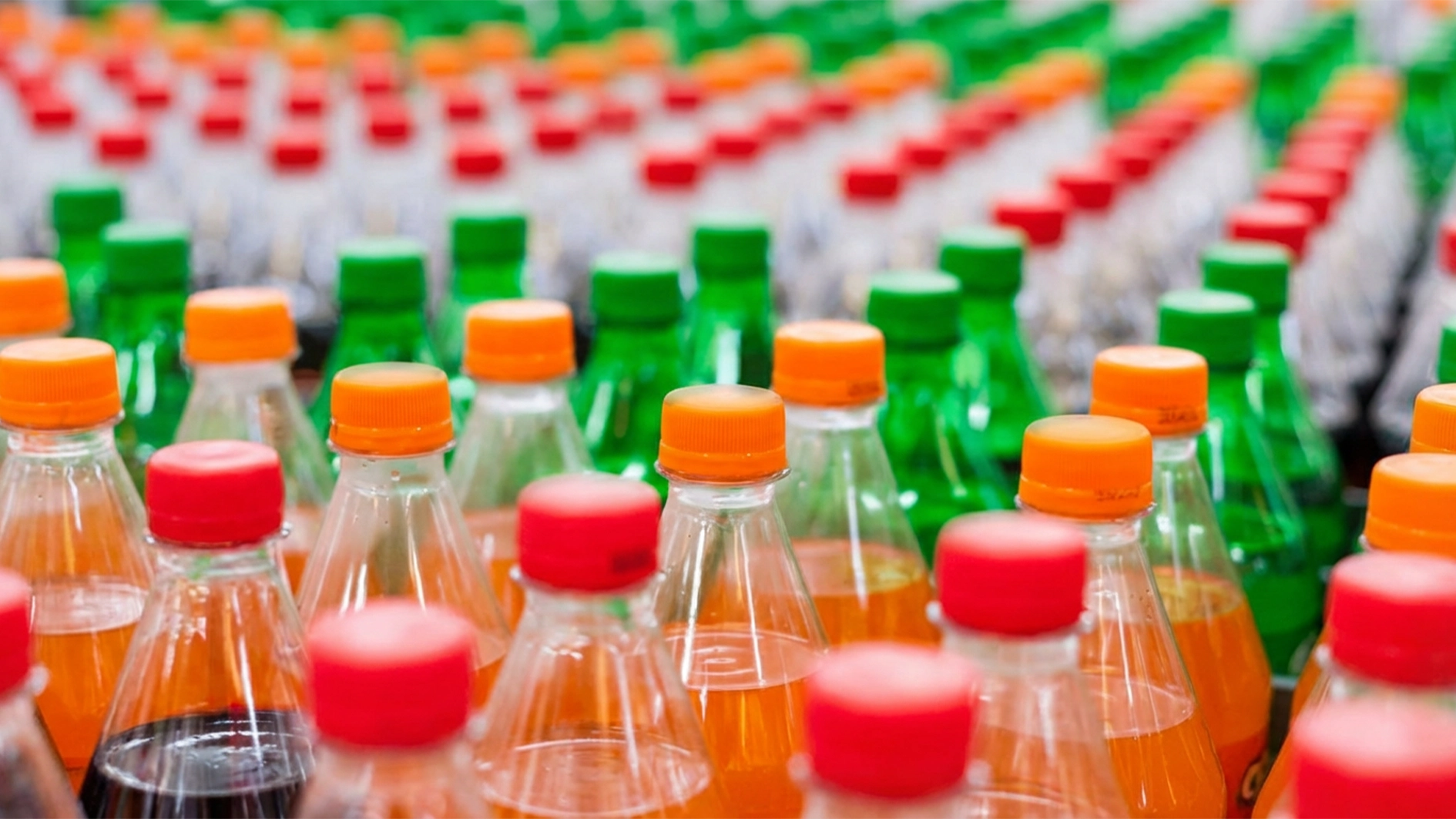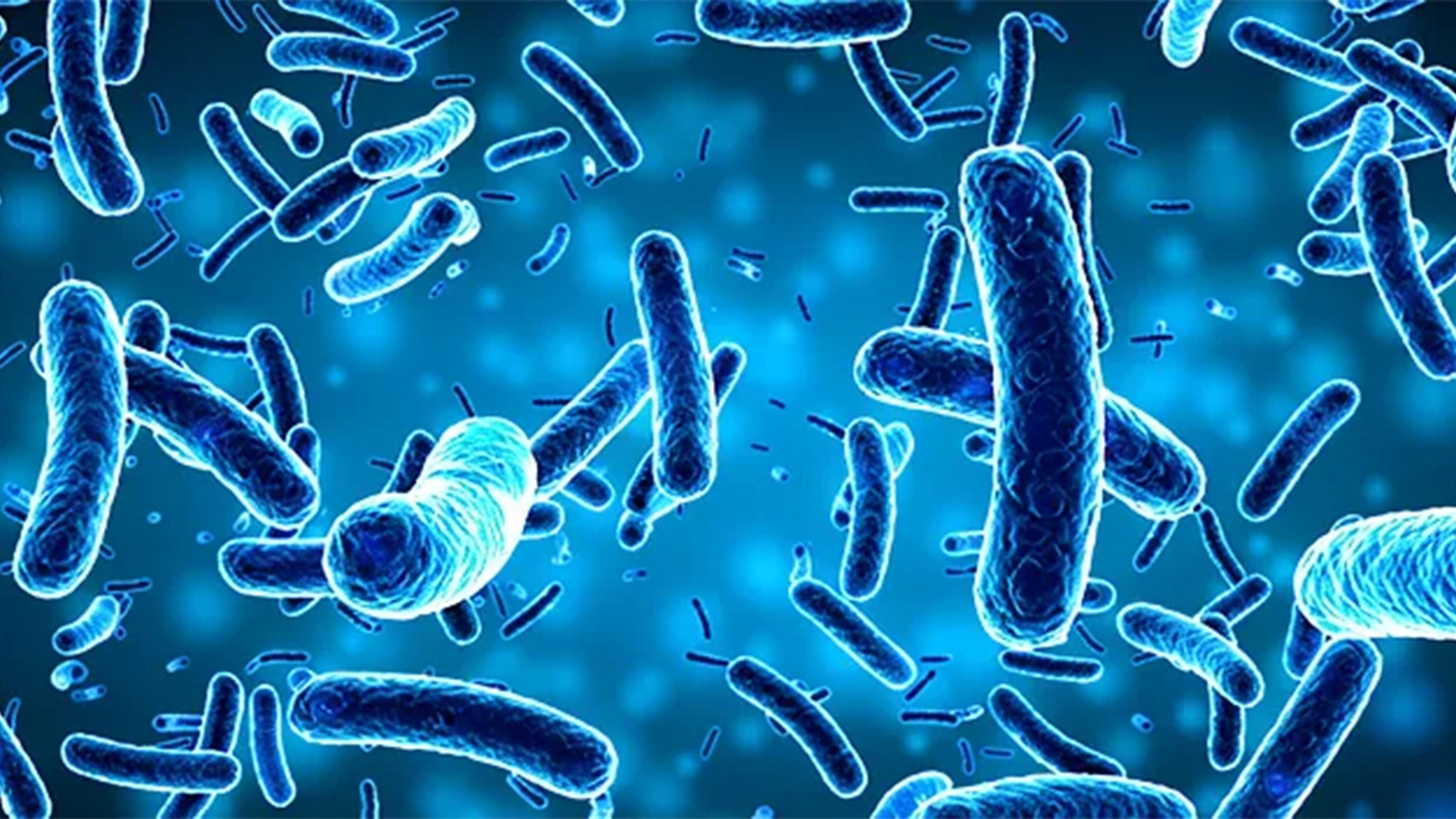Concerned about the low uptake of the Human Papillomavirus (HPV) vaccine aimed at preventing cervical cancer in Osun State, the United Nations Children’s Fund (UNICEF) has engaged and trained adolescent health promoters to advocate for increased acceptance of the HPV vaccine effectively.
The agency identified HPV vaccination as a proven means to combat the scourge of cervical cancer in society, calling on relevant stakeholders—including parents, guardians, school administrators, and health officials—to collaborate and ensure that more 9-year-old girls are vaccinated.
Speaking during a two-day workshop on Adolescent and Youth-led Action on HPV Vaccine and Adolescent Health Promotion in Osogbo, the Osun State capital, on Thursday, UNICEF Gender & Development Manager Takudzwa Kanyangarara noted that the agency is working closely with young people to drive the expected change regarding HPV uptake. She added that it believes in the power and potential of adolescents and young people to ensure that nine-year-old girls in their communities receive the HPV vaccine and are protected from cervical cancer.
Kanyangarara stated, “Across our programmes, we have seen firsthand the power of adolescents and young people taking action, including in the areas of immunisation—from promoting the COVID-19 vaccine to supporting yellow fever vaccination campaigns. In partnership with Canada, we recently launched an adolescent and youth-led initiative to promote the HPV vaccine and adolescent health, with five young leaders identified from Osun State. This initiative aims to enhance young people’s capacity to design, implement, and monitor grassroots actions to ensure nine-year-old girls in their communities get the HPV vaccine and are protected from cervical cancer.”
She also mentioned, “Following a successful multi-age campaign led by the government, the HPV vaccine is now available free of charge for nine-year-old girls.” However, she pointed out that data shows that vaccination rates remain low in some states, including Osun.
Kanyangarara emphasised that adolescents and young people have a vital role in changing perceptions because they have been trained and can now engage with the government and partners to develop plans for ensuring that every nine-year-old girl in Osun and Nigeria receives the vaccine.
Additionally, Mrs Ngozi Izuora-Songu, UNICEF Adolescent Development Specialist, disclosed that cervical cancer is the second most common cancer affecting women and girls in Nigeria, stating that the HPV vaccine is highly potent and effective in preventing the disease.
Highlighting the importance of parents, guardians, and others authorised to give consent on behalf of nine-year-old girls, she urged community members to dispel misconceptions surrounding the HPV vaccine and to embrace it as a right for the girl child. UNICEF Social and Behavioural Change Specialist Aderonke Akinola-Akinwole noted that the vaccine is accessible across all local government areas in Osun State. She stressed that “parents, the caregivers, the community members have a role to play in ensuring that every nine-year-old girl gets the HPV vaccine—not just for today but to secure their future. The vaccines prevent cervical cancer.”
In her remarks, the Osun State Immunisation Officer, Mrs Olaore Francisca Adebola, stated that efforts are ongoing to dispel rumours about the vaccination, noting that approximately three million nine-year-old girls are being targeted with the support of UNICEF, the state government, and adolescent health promoters.
“Each child grows day in, day out, but in Osun State, we estimate we have up to three million of these nine-year-old girls whom we are targeting for HPV vaccination,” she said.
New strategies were proposed at the workshop for stakeholders to adopt and implement across all Local Government Areas in Osun State to improve the acceptability of the HPV vaccine. Participants encouraged parents, teachers, principals, and other stakeholders to work with the state government, UNICEF, and other partners to ensure that girls within this age group are vaccinated.






